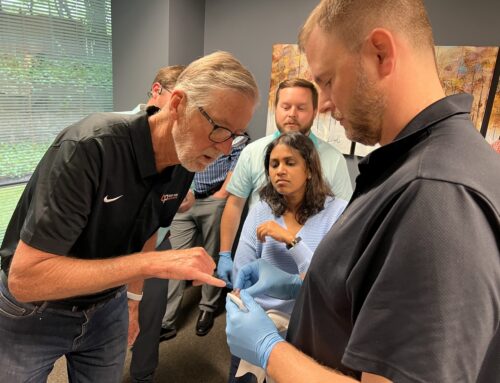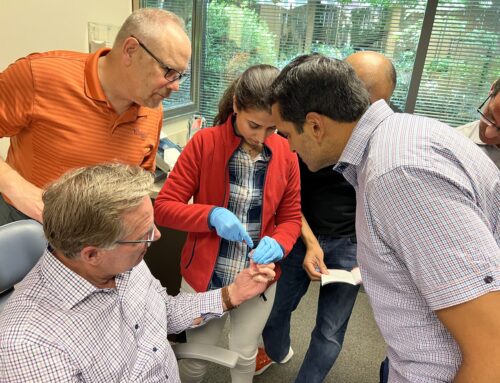When it comes to treating obstructive sleep apnea, as dental sleep medicine specialists, we guide our patients in the direction of oral appliance therapy. This is often because they have tried other options to no avail. But there is another option we should keep in mind: lifestyle interventions and weight loss.
The impact of lifestyle change
In a study published in JAMA Network Open, researchers found that comprehensive lifestyle interventions significantly decreased the severity of obstructive sleep apnea up to six months after the completion of an intervention. What is neat is that more than half of the patients in the intervention group no longer needed CPAP therapy up to six months after completion of the intervention.
Obesity’s role in sleep apnea
A major reason the lifestyle interventions, such as weight loss, helped is because of the impact on obesity, which is a rising public health crisis and a risk factor for many medical conditions. With this in mind, the study looked at the effect of a multi-faceted weight loss and lifestyle intervention on sleep apnea severity and associated morbidity.
Patients who received their usual care plus participation in an eight week lifestyle intervention such as nutritional behavior counseling, aerobic exercise, sleep, and alcohol and tobacco cessation had a greater decrease in AHI at the end of the intervention. They sustained that decrease even six months after the intervention ended.
This is important to keep in mind as we continue to help our patients find relief from their sleep apnea symptoms. Lifestyle change is a key factor to keep in mind, even if you are a healthy individual.






